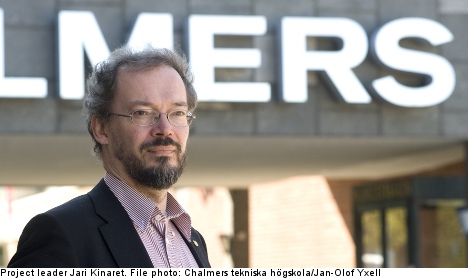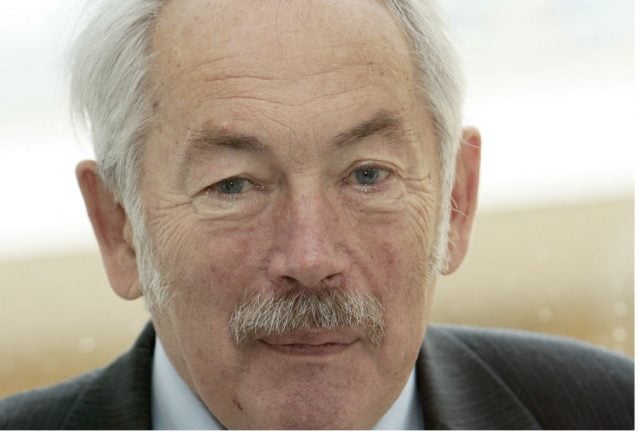The Graphene Flagship, led by Professor Jari Kinaret from Chalmers University, was the joint winner of the Future and Emerging Technologies (FET) prize announced in Brussels.
“You’ve heard of Silicon Valley. I want Europe to be home to its successor – Graphene Valley,” European Commission Vice-President Neelie Kroes said in a speech announcing the news.
Kroes likened the process for claiming the EU’s “biggest research cash award ever” as the “X-Factor for Science”, invoking the popular television talent search programme.
The Chalmers-led project which emerged as one of two winners in the Flagship project involves over 100 research groups, with 136 principal investigators, including four Nobel laureates.
“Although the flagship is extremely extensive, it cannot cover all areas,” said Professor Jari Kinaret, Flagship Director, in a statement.
“Graphene production, however, is obviously central to our project.”
Graphene, an extremely light form of single-layered carbon, could revolutionize electronics, as well as the car and plane industry, Chalmers wrote in a statement.
Key applications include fast electronic and optical devices, flexible electronics, functional lightweight components and advanced batteries.
The Graphene Flagship’s mission is “to take graphene and related layered materials from academic laboratories to society, revolutionize multiple industries and create economic growth and new jobs in Europe,” Chalmers wrote.
Graphene research has won accolades before, with Professors Andre Geim and Kostya Novoselov of the University of Manchester winning the 2010 Nobel Prize in Physics for their own research with the substance.
SEE ALSO: In pictures, the Nobel Prize Winners of 2010
While Chalmers is leading the project, four other Swedish universities are also involved, including Umeå University, Linköping University, and Stockholm University.
The Graphene project took home the FET award together with French researchers for their work on The Human Brain project, a programme working with brain simulation in France which also has a Swedish connection through a branch of the project being managed by Karolinska Institutet near Stockholm.
Each project will given 10 years worth of funding for their ground breaking research.
The Local/og



 Please whitelist us to continue reading.
Please whitelist us to continue reading.
Member comments